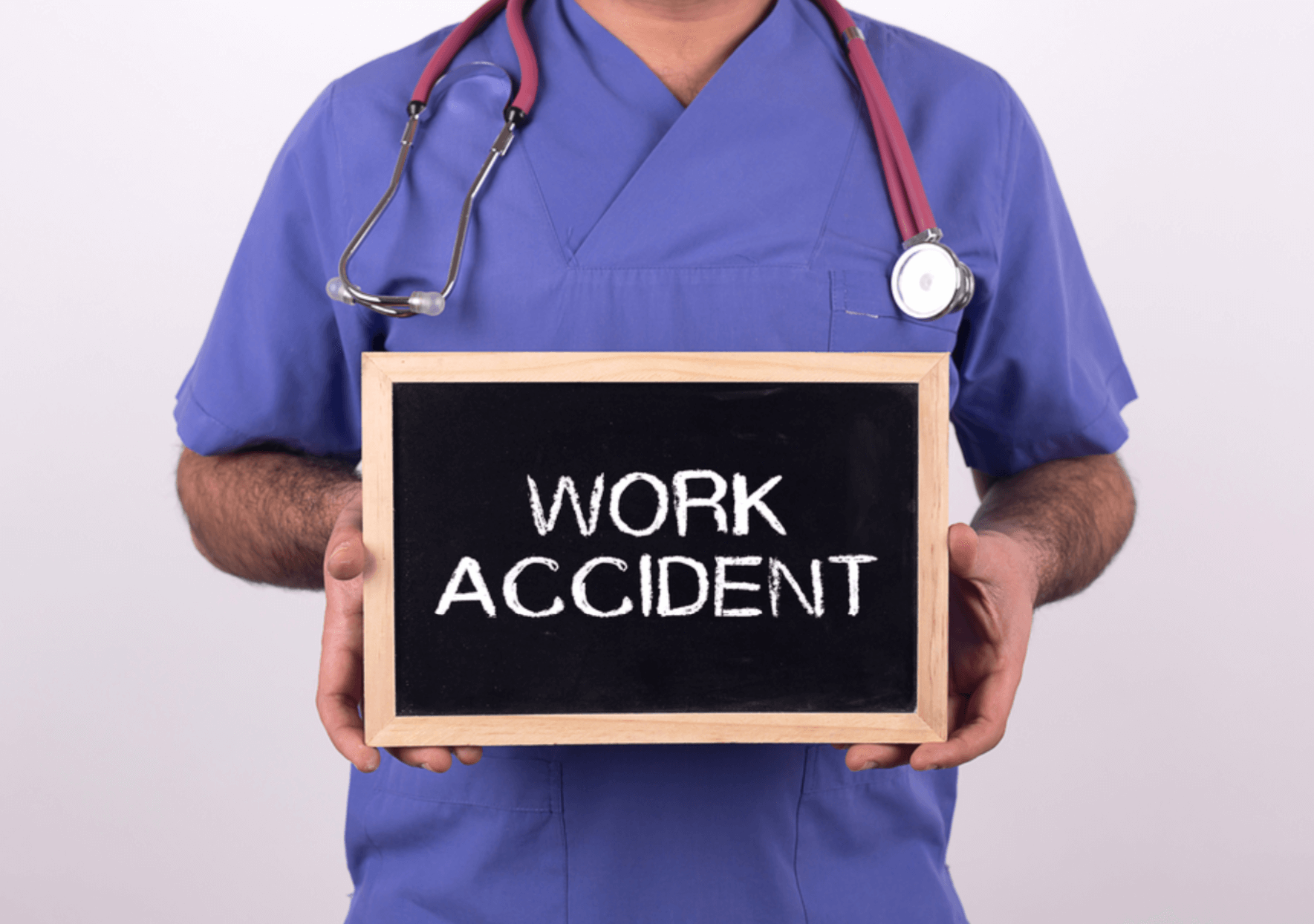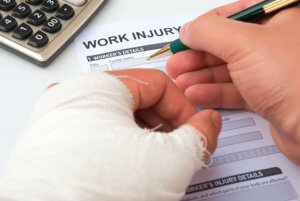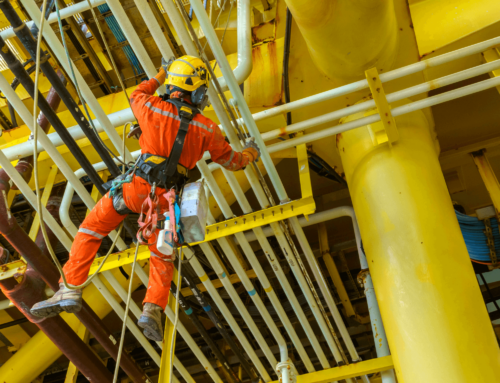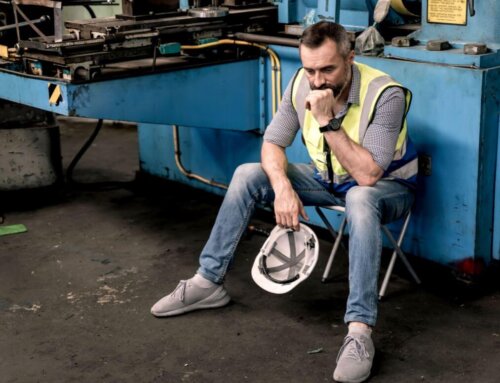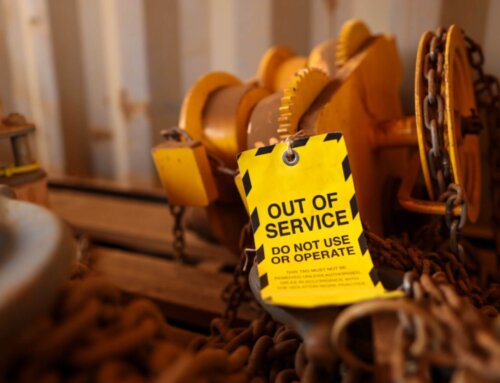There is no legal requirement for an employer to continue paying an employee who takes time off work to recover from an injury sustained in an accident at work.
An employee who takes sick leave will only be entitled to receive Statutory Sick Pay (SSP), provided specific criteria are met. The main conditions employees need to satisfy to be eligible for SSP are:
- They must have been off work for at least four consecutive days. This period includes days that they don’t normally work, such as Saturdays and Sundays.
- They must earn at least an average of £120 per week.
SSP is currently paid at the rate of £95.85 per week and is payable for up to 28 weeks.
Is SSP all my employer would have to pay me if I took sick leave due to an injury that happened at work?
Not necessarily.
Some employers will pay an enhanced amount of sick pay that is more beneficial to the employee than SSP is. If your company provide this, the details will be in your contract of employment.
There is no compulsion for your employer to do this. Even if they do provide a higher level of sick pay than is provided for by SSP, there may still be a significant difference between what you receive as sick pay and what your earnings would have been had you been able to work during the same period.
What if the accident at work was not my fault?
If you have an accident at work and believe your employer was at fault, you can claim personal injury compensation. For an injury at work claim to succeed, you will need to prove :
- that your employer’s negligence (carelessness) caused the accident,
- that the injury and other losses that you are claiming for were caused by your employer’s negligence
by obtaining:
- Witness statements as to how the accident happened.
- Photographs of the scene of the accident
- Medical evidence proving the extent of your injury and a prognosis as to how long your recovery will take.
- Any other evidence particular to your case, that will help to prove it.
Won’t the accident claim be for personal injury compensation only?
In a personal injury compensation claim, you can claim for all the losses you suffer as a direct result of the accident, not just compensation for the injury itself.
There are two types of damages in an accident at work claim. These are:
- General damages – to cover compensation for the injury or illness itself. This is referred to as compensation (damages) for ‘pain, suffering and loss of amenity’ (PSLA).
- Special damages – these are losses that are mathematically capable of being worked out. Examples of special damages would be prescription fees, private medical bills, physiotherapy fees, chiropractor fees, cost of replacing items damaged in the accident such as clothing, a watch, spectacles etc., and of course, loss of earnings!
If my loss of earnings claim is successful, do I have to repay the SSP?
When you receive your loss of earnings compensation, the SSP you received whilst off work, will have already been deducted by your employer’s insurance company from the compensation that they have been ordered (or have agreed) to pay you at the end of the compensation claim.
Can I be fired if I pursue a claim for compensation against my employer?
At Mooneerams, we are specialist accident at work solicitors. If there is one question that we are asked more often by prospective accident at work clients than any other, it is this one:
Is my employer going to sack me if I make an accident at work claim?
Let’s be honest. Employers don’t generally welcome it when one of their employees who has been injured at work, decides to make a claim for workplace accident compensation against them. In most cases, though, it doesn’t mean they would sack you for doing it.
If you were to get fired for claiming against your employer, you would have grounds for claiming unfair dismissal.
It’s worth remembering when you are trying to decide whether to bring claim for compensation against your employer:
1. The reason you are considering making an accident at work claim, is because your employer has failed to look after your welfare whilst you were at work.
2. Your employer would be acting wholly unreasonably were you to be fired for making an accident at work claim.
3. In the event that your employer did fire you for making a claim, then you have a means of putting right that wrong – you would have a strong claim for unfair dismissal.
4. The reason you have lost earnings by having to take time off work, is directly as a result of your employer’s breach of the duty of care owed to you.
How do I make a claim for loss of earnings against my employer after an accident at work?
We would strongly advise you to find a specialist solicitor to help you claim for your loss of earnings as part of an overall accident at work compensation claim. This claim will be for:
- loss of earnings
- damages for the pain and suffering caused by the injury that you sustained
- any other losses incurred
Mooneerams solicitors – accident at work claims specialists
Mooneerams are highly experienced, personal injury solicitors. We only deal with personal injury claims and we only act for claimants like you. That means we don’t defend personal injury claims for insurance companies, employers or other organisations.
We have particular legal expertise in the following areas of personal injury law:
Talk to us now on 029 2048 3615 or contact us online.
We’ll talk through your potential claim with you. If we think you’ve got a reasonable chance of succeeding in an accident at work claim, we’ll be pleased to take it on for you, if you would like us to.
In most cases, we’ll be able to fund your accident at work claim, on a No Win, No Fee basis.

